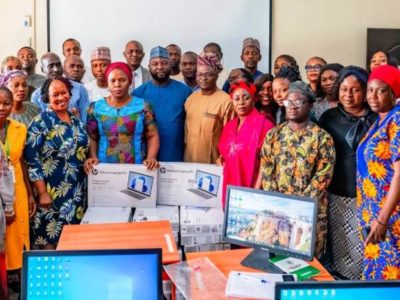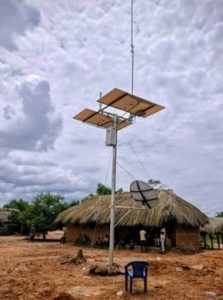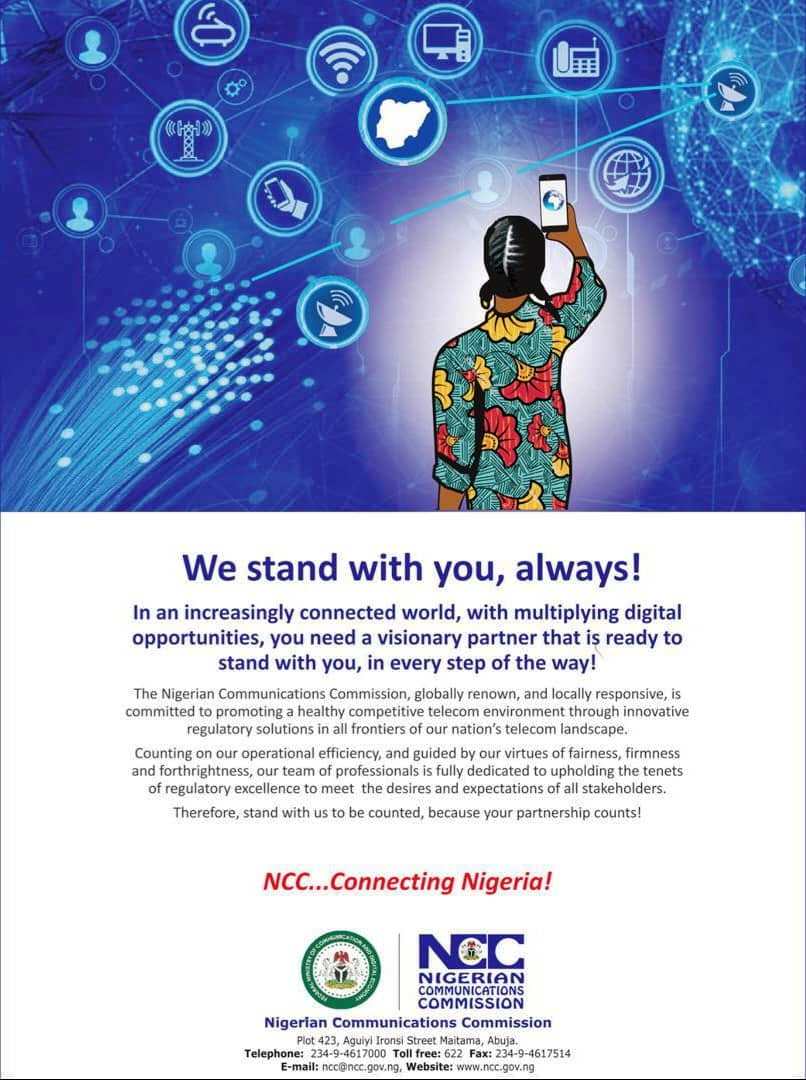Grassroots Addressing and Identity Management Systems (G-AIMS) has asked the World Bank to adopt digitally validated addresses identification for the disbursement of its $800m loan subsidy palliative for Nigeria.
RELATED: Digital Economy: Study reveals less than 50% of Nigerians, Africans have recognisable legal IDs
The advocacy organisation said the bank should make the adoption of Addressing and Identity Technology (AIT) a pre-condition for the implementation of the $800m facility it recently approved as palliative to be shared among vulnerable Nigerians to cushion the effects of the planned removal of petrol subsidy.
“One of the conditions precedents for the process to be transparent is that beneficiaries should be assigned duly validated digital addresses and means of identification. This will also engender a real-time feedback mechanism for transparency and accountability,” noted Chairman/Founder of G-AIMS, Bisi Adegbuyi, in a letter to the World Bank Country Director in Nigeria, Shubham Chaudhuri.
Adegbuyi said adoption of addressing and identity will ensure transparency and confidence building in implementing the disbursement of $800m financial palliative.
The former postmaster general of Nigeria/CEO of Nigerian Postal Service (NIPOST) told Chaudhuri in his letter that this would allow it avoid controversies associated with the 2016 disbursement of World Bank’s $500m International Development Association grant which was adjudged by critics as shoddily executed and lacking transparency due to high integrity deficiencies associated with the National Social Register of poor and vulnerable Nigerians as then implemented under the National Social Investment Programme (NSIP).
According to the Chairman of G-AIMS, his organisation has developed and patented “a state-of-the-art, ultra-specific digital addressing and identity management systems with a cutting edge technology comparable to any world-class addressing and identity solution.”
Adding: “Our digital addressing and identity verification systems software, which won the recognition of World Summit on Information Society, an affiliate of International Telecommunications Union, a specialised agency of the United Nations in 2018, can help to provide an end-to-end monitoring tool for the scheme, thereby enhancing its transparency and accountability,” Adegbuyi recommended in his letter.
Making a case for the adoption of an AIT, he said “Nigeria’s First Lady, Hajia Aisha Buhari, raised an alarm in May 2019, alleging that the NSIP had failed ‘woefully’ because the intervention did not reach the intended beneficiaries.
“There are many other credible criticisms all deriving from lack of transparency and accountability in the implementation of the scheme.”
He argued that making the adoption of this technology a pre-condition for the implementation of the $800 million grant, will bolster confidence and transparency in the entire process.
































